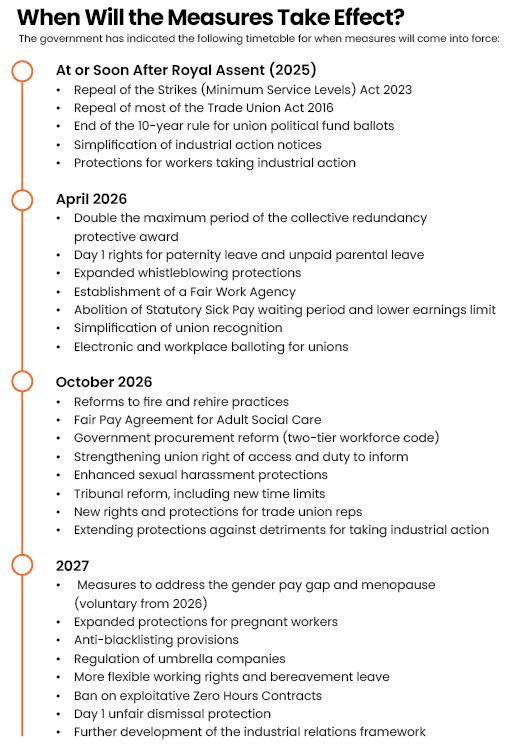Divided We Beg
- msmithorganiser
- Jun 4, 2022
- 4 min read

A direct challenge from those whose shoulders we stand on lurks in the background – to reject the easy cop out of managing the decline of the organisations we inherited from them and rebuild them fit for today’s industrial challenges. Tackling division with unity and solidarity
The Hourglass graphic illustrates unions’ strategic challenge over recent decades and how our inadequate response to these trends over a long period has been exposed brutally by the Covid pandemic. Employers have relished the opportunity this has given them to divide and conquer working people
What may have once been a jobs market that looked more like a triangle has taken on the shape of the hourglass through a process of de-industrialisation, new technologies, austerity, privatisation and hyper casualisation in the years following the global crash of 2008.
The “union circle” where most potential and existing union members are located has reduced dramatically and we need to shift our organising focus to where the newly insecure platform, zero hour, tiny hour, casual and bogus or forced self employed jobs are. But this picture helps explain why some of our union structures, procedures and organising cultures feel out of date and not agile enough to cope.
At the same time within the union circle national collective bargaining machinery is in retreat, has become too remote from the workplace to deliver for members or help build union power, and is hollowed out and de-populated in too many cases. Top down national bargaining has clearly failed to maintain pay overall in the face of rising inflation or even protect people from the epidemic of pay discrimination in the public and private sectors. We beg divided rather than bargain together whenever the employer knows we do not have the power to stop the job and do not speak for the majority. Rebuilding national bargaining as it was built originally - through co-ordinated local claims - is a priority
Submitting pay claims locally where the national bargaining ship has not yet quite sunk, in parallel with national claims to make our pay campaigns a part of workplace life. Submitting secondary local pay claims after national bargaining has concluded to ensure two, three and flour tier staff left behind by national bargaining for decades can also campaign for pay; and submitting local pay claims outside of the national machinery to ensure Equal Pay and levelling up through leapfrog bargaining.
In too many cases in the private sector we have slipped into minority bargaining within the union circle. The floor of Tory strike thresholds of 50% has become the ceiling of our aspiration. Pretending to a power we no longer have, we all too often adopt the organising and bargaining approach of an established majority union with a seat at the employer’s table when we are in fact an insurgent minority union in the workplace. But we can and must reject the minority bargaining that is part of managing union decline.
Our bargaining, campaigning and organising outlook has become too rigid and institutionalised over recent decades of looser labour markets and now imprisons us in both our traditional areas and the growing insecure jobs market as labour markets tighten. Heavily state subsidised insecure work is exploding, the minimum wage becoming the maximum wage for millions, working people can barely secure individual bargaining over their working hours and shift patterns let alone collective bargaining; and rely on benefits to live on the “living wage”. Many workplaces at the base of the hourglass have become effectively employment law free zones
Approaching people in these industries with a union sales pitch about their legal rights and to fight for collective bargaining fails to deal with the new realities working people face in the growing base of the hourglass – and makes us sound like we are from another world. To bargain rather than beg we need to build collective representation and then bargaining for the first time where it has never been, starting with demanding working people’s right to access unions at work and negotiate their contracts of employment
In short making sure our commitment to always have a claim on the table becomes a reality in each workplace in both the public and private sector.
But with a worker-centred approach focussed on building power to make changes at work through listening and engagement with all people affected by our campaigns; in the face of employers’ active campaigns to divide us and weaken us, we can build and rebuild majority support for union campaigns. This must be our manifesto and the next blog will focus on how we set about this task in the world of work today.
A Manifesto for Growth:
Building unity and the union around our demands on the employer as opposed to merely reacting to the division the employer sews.
· To plan to earn and then re-earn the active support of working people in each workplace
· Turning the doubt and fear the employers create into anger, hope and self confidence in every workplace
· Turning the uncertainty and confusion the employer creates into clarity;
· Building practical solidarities between working people, remains the root of our power
· Getting the union bureaucracy out of the way of workers who can and will help themselves. Power to the people but by the people.



Comments